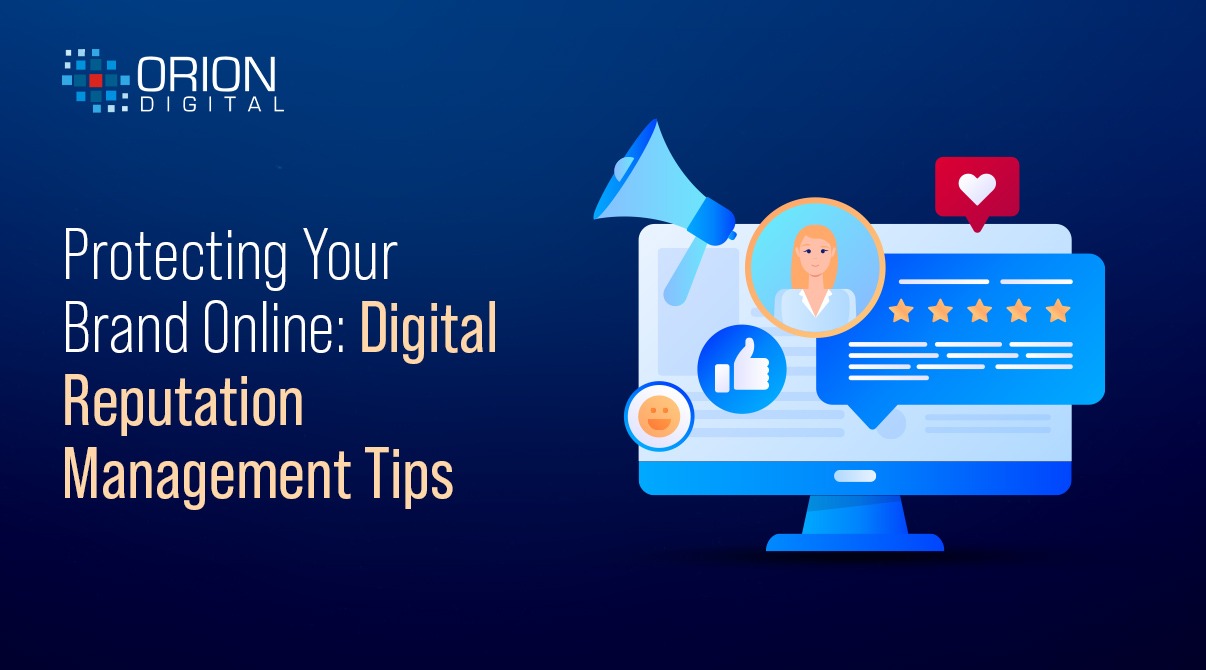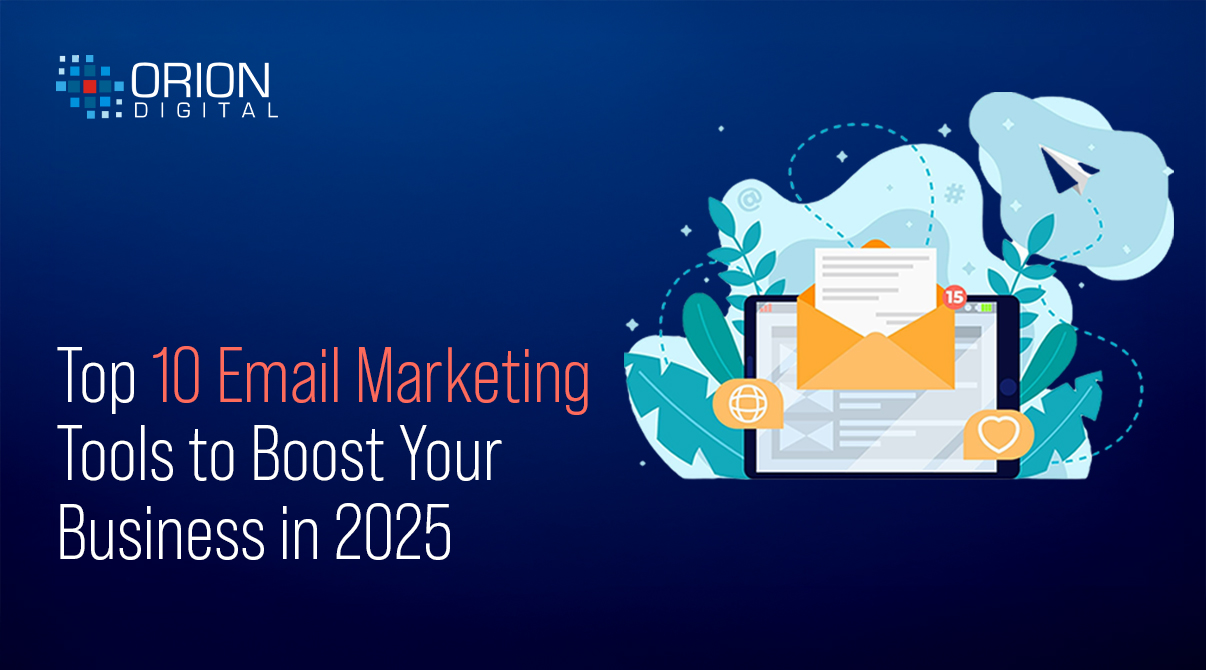
Protecting Your Brand Online: Digital Reputation Management Tips
- Bhavana B
- December 20, 2024
- Digital Marketing
- digital reputation management
- 0 Comments
In the digital world where everything is hyper-connected and information travels faster than ever, protecting your brand’s online reputation has become a critical aspect of maintaining business success. A single negative review, an unfavourable article, or a viral social media post can significantly impact how your brand is perceived. For businesses of all sizes, digital reputation is not just about managing public perception; it directly affects customer trust, loyalty, and ultimately, revenue.
Your digital reputation serves as a reflection of your business’s credibility in the online marketplace. Whether you’re a budding entrepreneur or a seasoned industry leader, taking proactive steps to safeguard and enhance your online presence is essential. This guide provides practical and actionable digital reputation management tips to help businesses thrive in the digital age.
Digital Reputation Management Tips
1. Monitor Your Online Presence Regularly
The first step to protecting your brand online is to stay informed about what’s being said about your business. Use tools like Google Alerts, Mention, or Hootsuite to track mentions of your brand, products, or services across websites, social media platforms, and review sites. Real-time monitoring helps you respond to issues quickly and ensures you stay ahead of potential crises.
2. Respond to Feedback, Both Positive and Negative
Engaging with customer feedback demonstrates that you value their opinions and are committed to improving. When handling negative reviews, always remain professional, address the issue calmly, and provide a solution where possible. For positive feedback, thank your customers and show appreciation. Effective engagement with feedback can turn critics into advocates and strengthen customer relationships.
3. Build a Strong Social Media Presence
Social media platforms are often the first point of contact between your brand and potential customers. Maintain active profiles on platforms relevant to your audience and consistently post high-quality, engaging content. By building a positive and strong social media presence, you can shape public perception and counteract any negative narratives.
4. Encourage and Showcase Positive Reviews
Satisfied customers are your best advocates. Encourage them to leave positive reviews on platforms like Google My Business, Yelp, and Trustpilot. Display these testimonials on your website and social media channels to build trust. Showcasing positive reviews not only enhances your credibility but also influences potential customers during their decision-making process.
5. Address Misinformation Swiftly
In the digital age, misinformation can spread like wildfire. Whether it’s a false claim about your product or a misleading article, act swiftly to address and rectify the situation. Contact the source to request corrections and provide clear, factual information to counter the false narrative. Being proactive in mitigating misinformation helps protect your brand’s integrity.
6. Invest in High-Quality Content Creation
Content plays a significant role in shaping your brand’s reputation. Publish informative blogs, engaging videos, and visually appealing graphics that align with your brand’s values. High-quality content not only boosts your visibility on search engines but also positions your brand as an authority in your industry.
7. Implement a Crisis Management Plan
Despite your best efforts, unexpected situations can arise that threaten your online reputation. Having a well-defined crisis management plan in place allows your team to act decisively and effectively during challenging times. Outline key steps, designate responsibilities, and prepare messaging to mitigate damage and maintain trust.
8. Optimize Your Online Presence with SEO
Search engine optimization (SEO) is a powerful tool for managing your digital reputation. Ensure that your website ranks high for relevant keywords, pushing down any negative or misleading content. By focusing on SEO strategies, you can control the narrative around your brand and highlight positive aspects of your business.
9. Partner with a Digital Reputation Management Expert
Sometimes, managing your online reputation requires professional assistance. Hiring a digital reputation management expert can provide your business with specialized strategies and tools to protect and enhance your brand image. These professionals have the expertise to navigate complex challenges and ensure your reputation remains intact.
10. Educate and Train Your Team
Your employees play a critical role in maintaining and protecting your brand’s online reputation. Educate your team about the importance of digital reputation and provide training on how to handle online interactions professionally. Encourage them to align their communication and actions with your brand values. A well-informed and trained team ensures consistency in messaging and helps avoid mishandling sensitive situations that could damage your reputation.
Considering how digitalisation is at its peak, online perceptions can make or break a business. This highlights how digital reputation management is not just an option, it’s a necessity. By proactively monitoring your online presence, engaging with feedback, and implementing strategies to safeguard your brand, you can build trust and foster long-term customer loyalty.Businesses of all sizes must recognize the value of a positive digital reputation. It’s the ultimate key to highlighting credibility in the digital marketplace and a vital component of sustainable growth. Investing time and resources into protecting your brand online ensures that you remain competitive, trustworthy, and successful in today’s digital world.






